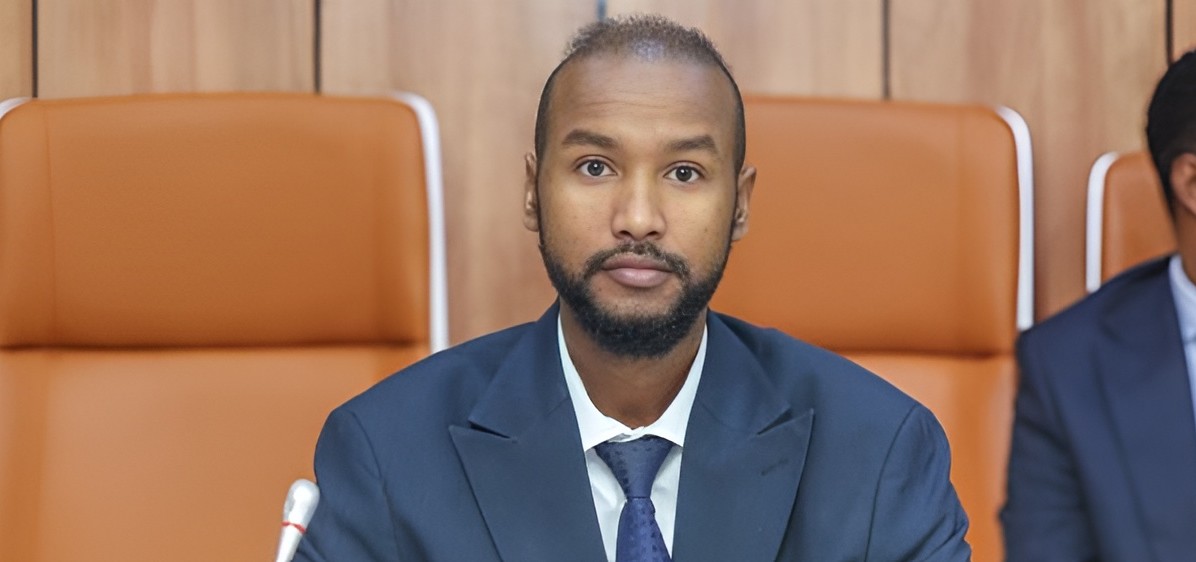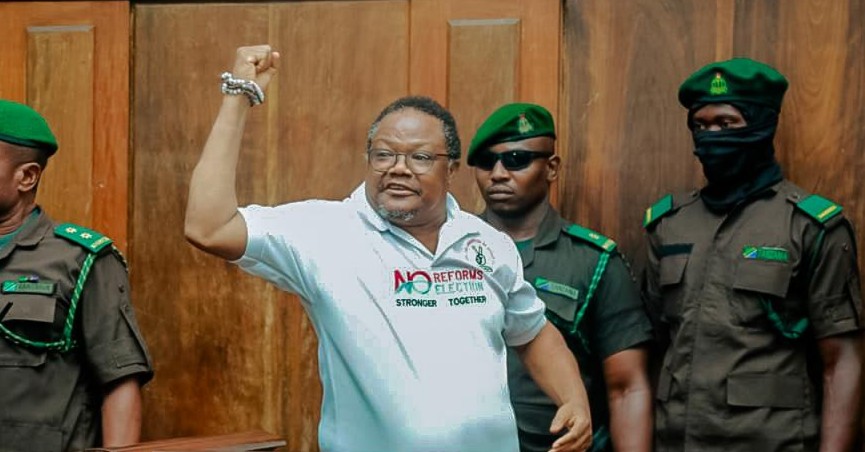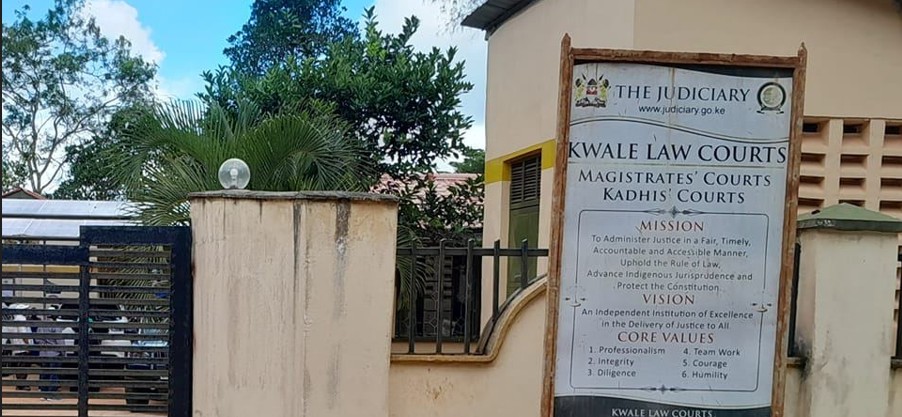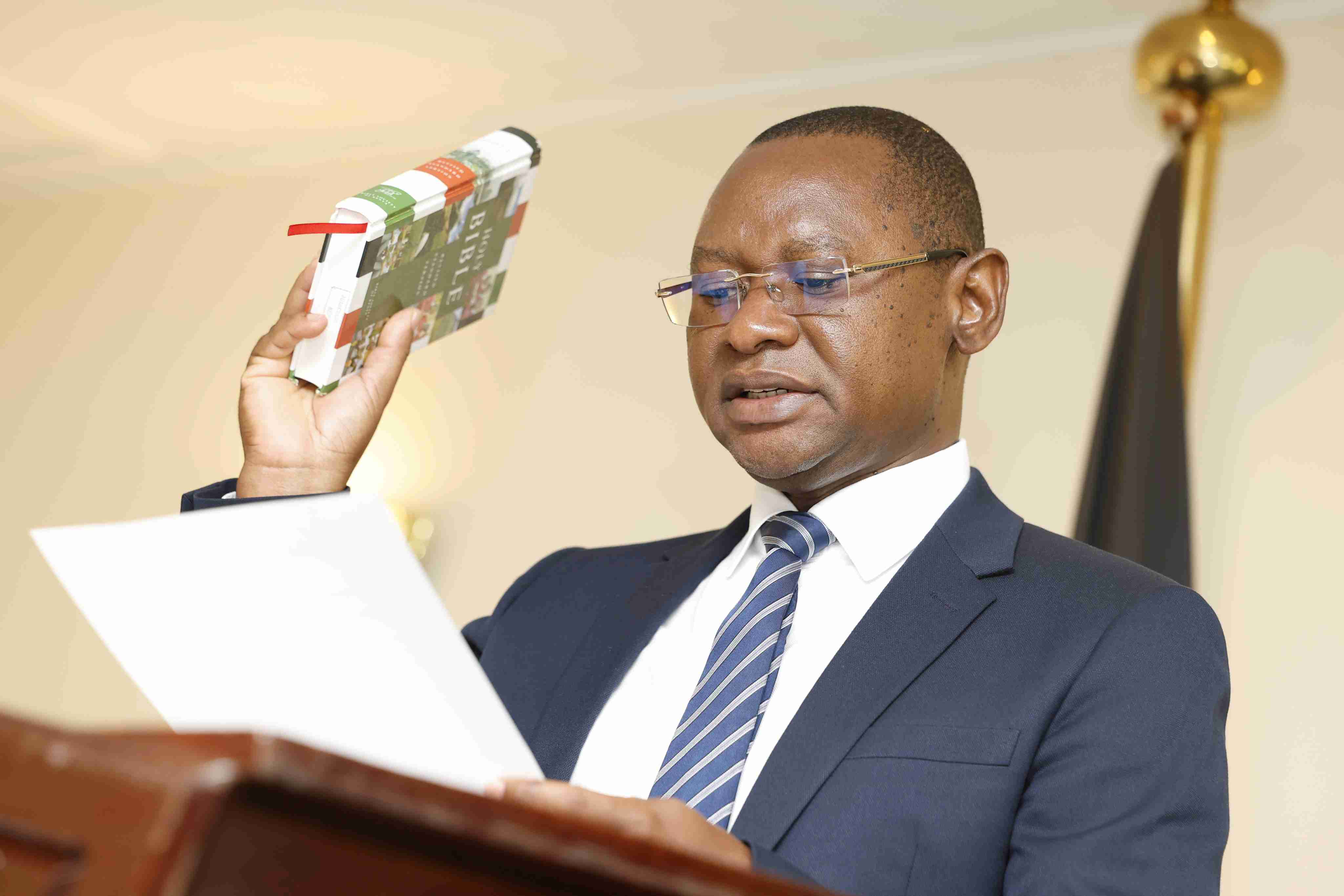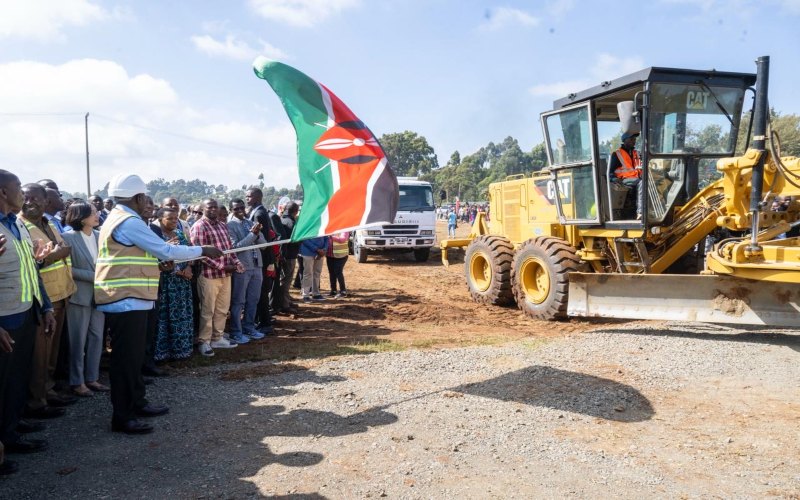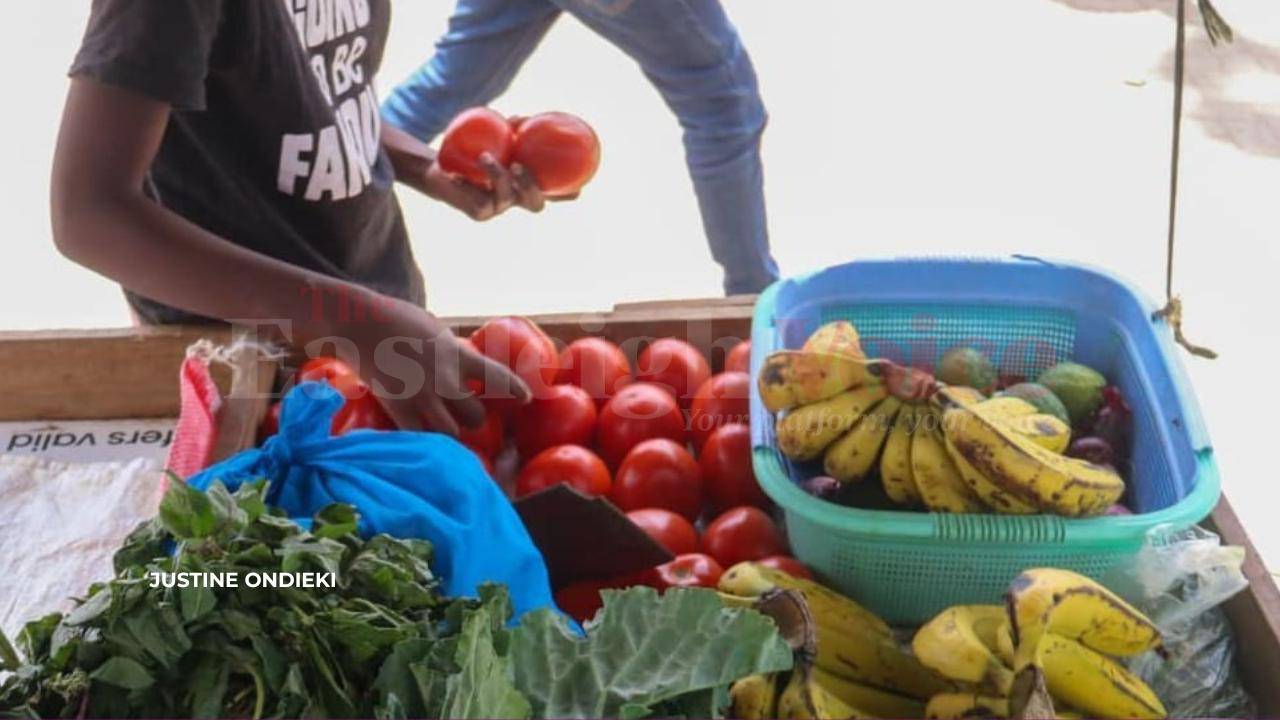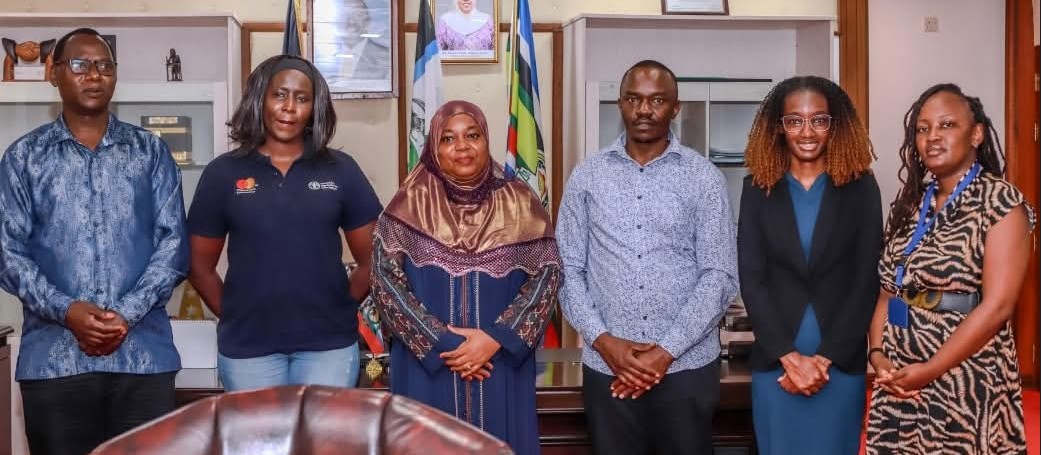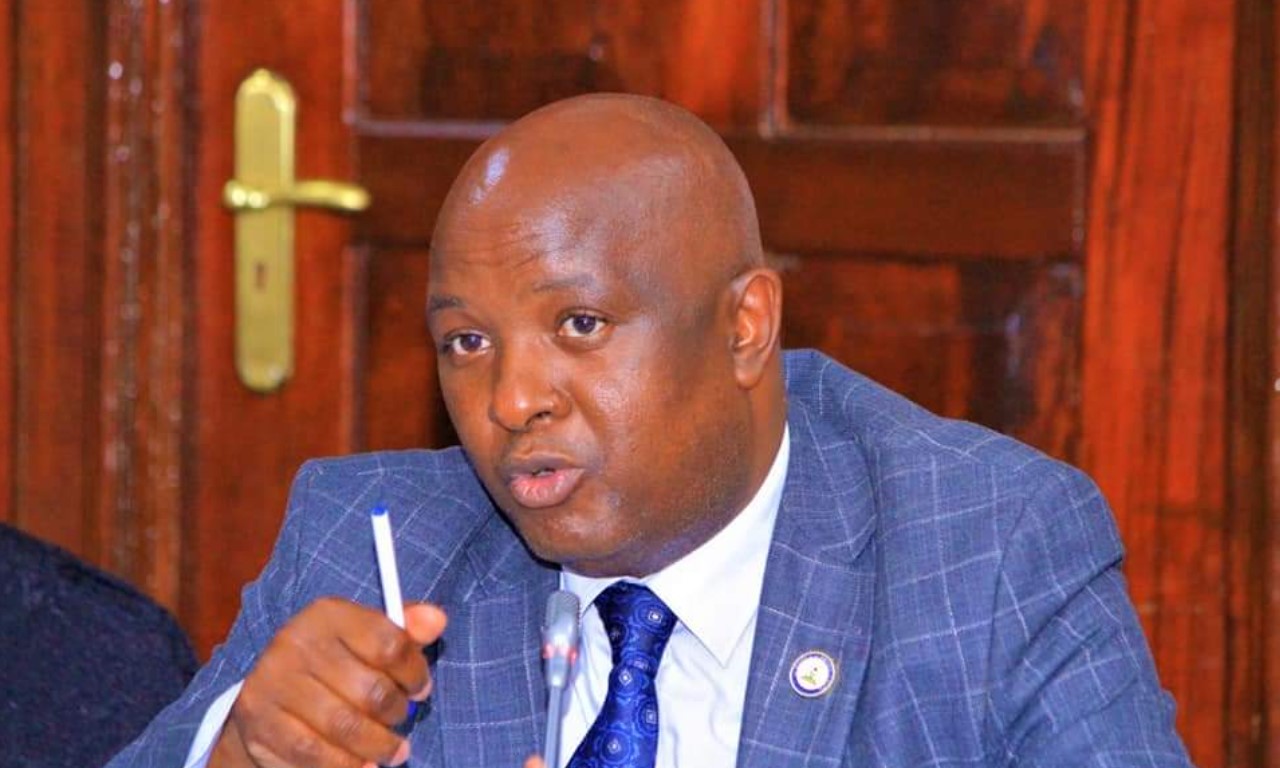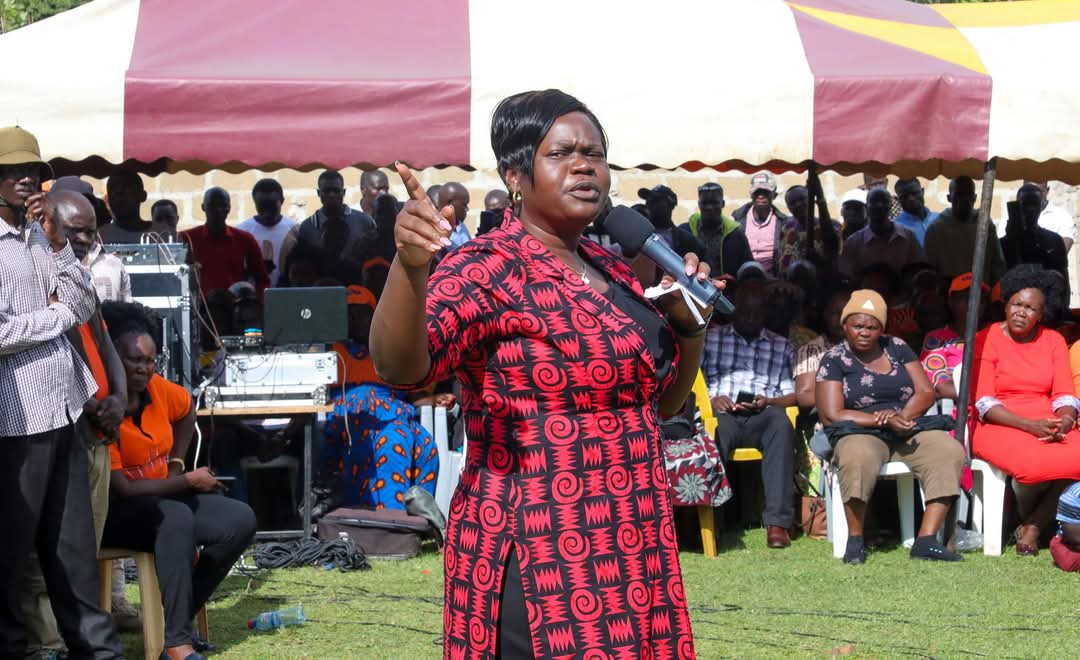Health CS Duale confirms probe into suspected organ trafficking at Mediheal Hospital in Eldoret
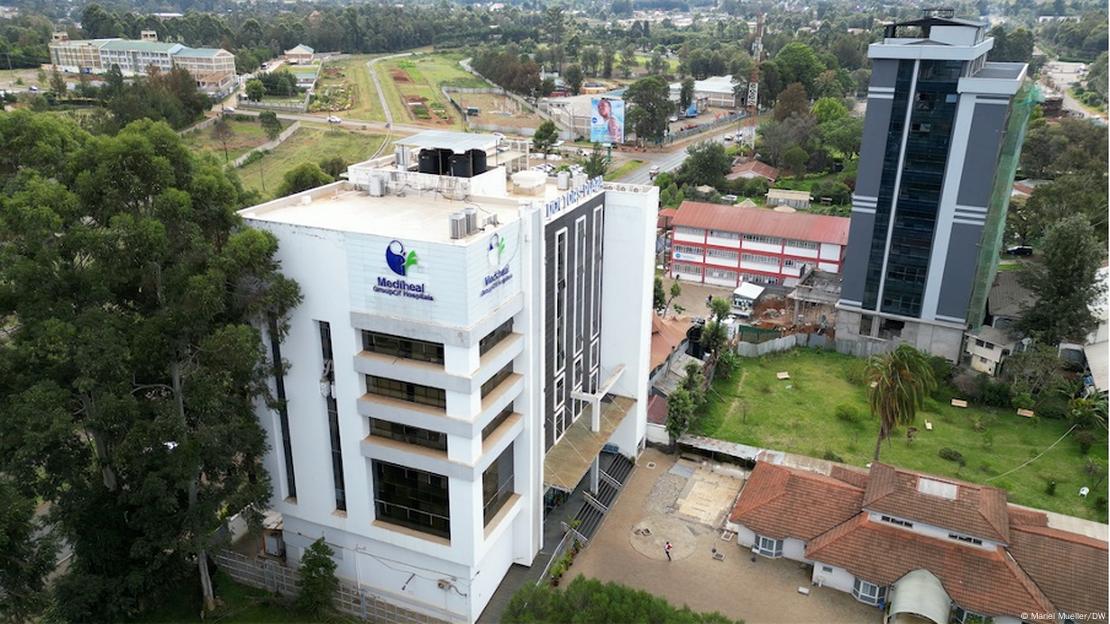
The Ministry of Health said the hospital failed to provide sufficient documentation to confirm the relationship between donors and recipients, some of whom were of different nationalities.
The Ministry of Health has confirmed that it is investigating Mediheal Hospital in Eldoret over allegations of organ trafficking involving foreign kidney donors, following a complaint from the Transplantation Society.
According to the Ministry, it received a letter dated July 20, 2023, from the society, which raised concern over a rising number of Israeli nationals receiving kidney transplants in Kenya.
More To Read
- MPs question Mediheal Hospital over donor sourcing and patient documents
- Chronic kidney disease surpasses tuberculosis and colorectal cancer in mortality rankings
- Kidney transplant breakthrough could save thousands waiting for compatible donors
- Experts reject kidney harvesting claims, point to system failures
- Outdated organ transplant laws exposing Kenyans to exploitation, MPs told
- MPs hear harrowing testimonies of kidney trafficking in Uasin Gishu
Health Cabinet Secretary Aden Duale has said the letter flagged what appeared to be an organised syndicate exploiting regulatory loopholes in the country to facilitate potentially illegal transplants.
The Transplantation Society further stated that information from Israeli sources suggested that several kidney transplants involving trafficked foreign donors had specifically taken place at Mediheal Hospital in Eldoret.
In response to the letter, the Ministry of Health said it established a multidisciplinary investigative team to verify the concerns, audit transplant services at Mediheal and offer recommendations.
The team included kidney transplant specialists, an ethicist, representatives from the Kenya Blood Transfusion and Transplant Services (KBTTS), Kenya Medical Practitioners and Dentists Council (KMPDC), Ministry officials, and academic experts.
Between December 5 and 8, 2023, the team carried out a fact-finding mission, which involved developing a Kidney Provider Transplantation Audit Form, piloting it at Moi Teaching and Referral Hospital (MTRH), and visiting Mediheal Hospital.
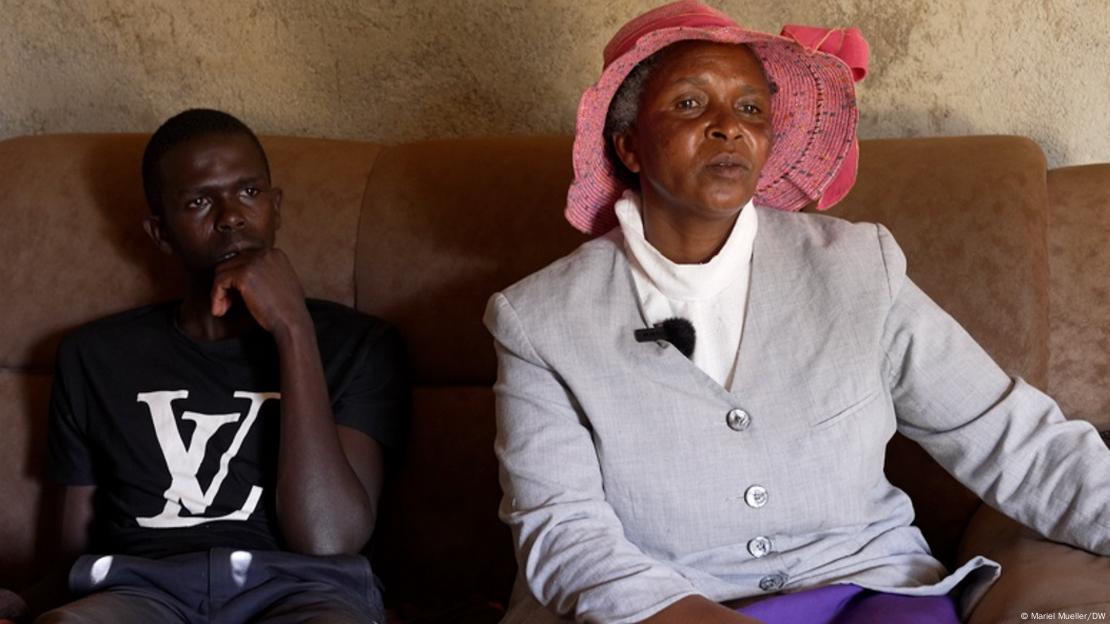 Amon Kipruto Mely and his mother, Leah Metto, in their home in Western Kenya. (Photo: Mariel Mueller/DW)
Amon Kipruto Mely and his mother, Leah Metto, in their home in Western Kenya. (Photo: Mariel Mueller/DW)
Duale said the investigative team confirmed that Mediheal Hospital is a Level 5 private facility authorised to carry out kidney transplants and had performed 372 such procedures over the past five years.
Most patients came from Kenya and neighbouring East African countries, with a few cases from countries like Israel, Australia, Japan, the US, and the UK.
Insufficient documentation
While 99 per cent of the transplants were laparoscopically conducted and all sampled files had donor consent, the Ministry said the hospital failed to provide sufficient documentation to confirm the relationship between donors and recipients, some of whom were of different nationalities.
The audit also found that Human Leukocyte Antigen (HLA) testing was conducted in India without Ministry approval for exporting human samples. Additionally, important documents were not translated for non-English-speaking donors and recipients.
The findings also revealed that the hospital performed high-risk transplants, including one involving a patient with confirmed prostate cancer and proceeded with some procedures despite poor donor-recipient compatibility. Other red flags included the lack of clinical morbidity and mortality reports and the absence of multidisciplinary committee meetings.
“There were high-risk transplantations including for a patient with confirmed prostate cancer and extremes of age. Transplants were conducted despite poor donor-recipient compatibility. The facility lacked clinical morbidity and mortality reports, and the hospital did not have multidisciplinary team (MDT) committee meetings,” the Ministry said.
Duale further noted that the investigative team made several recommendations aimed at strengthening Kenya’s transplant system. Among them was the urgent need for the Ministry to implement national standards and regulatory frameworks to curb organ trafficking and transplant tourism.
“All donor and recipient evaluations should be presented to a multidisciplinary committee. These teams must include interpreters, patient advocates, and experts who are not directly involved in the transplant process,” the team said.
The team also proposed creating a centralised registry for all transplant services and urged for better documentation and verification processes, especially for foreign nationals seeking transplants in Kenya.
“The allegation of organ trafficking must be investigated by relevant authorities since some of the recipients and donors are coming from more advanced health systems to a relatively new transplant programme, and the reasons given cannot be ascertained,” the team noted.
Duale noted that the Ministry of Health has since developed national transplant service standards, policy frameworks and a draft bill on blood, cells, tissues, organs, and other human substances, all of which are awaiting validation and public participation.
He said a follow-up visit to Mediheal Hospital will be conducted to assess progress on compliance and carry out a full clinical audit. The Ministry also plans to extend similar audits to all seven transplant facilities in the country to enforce uniform standards.
“The due diligence and duty of care must be upheld by all healthcare providers as they administer their services,” Duale said.
“We are committed to protecting the integrity of Kenya’s healthcare system and the safety of both donors and recipients.”
Top Stories Today
